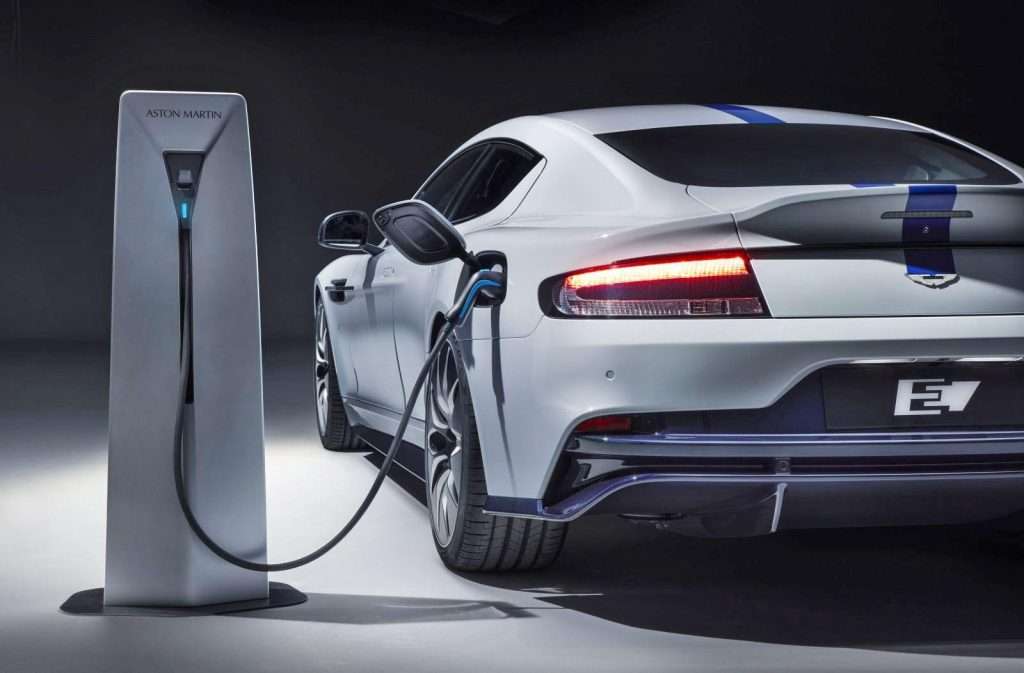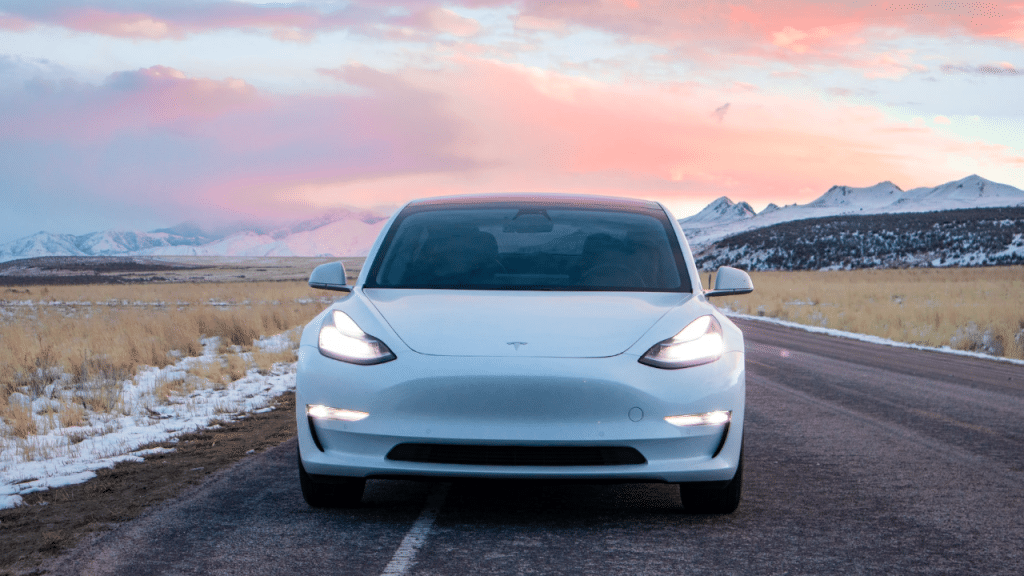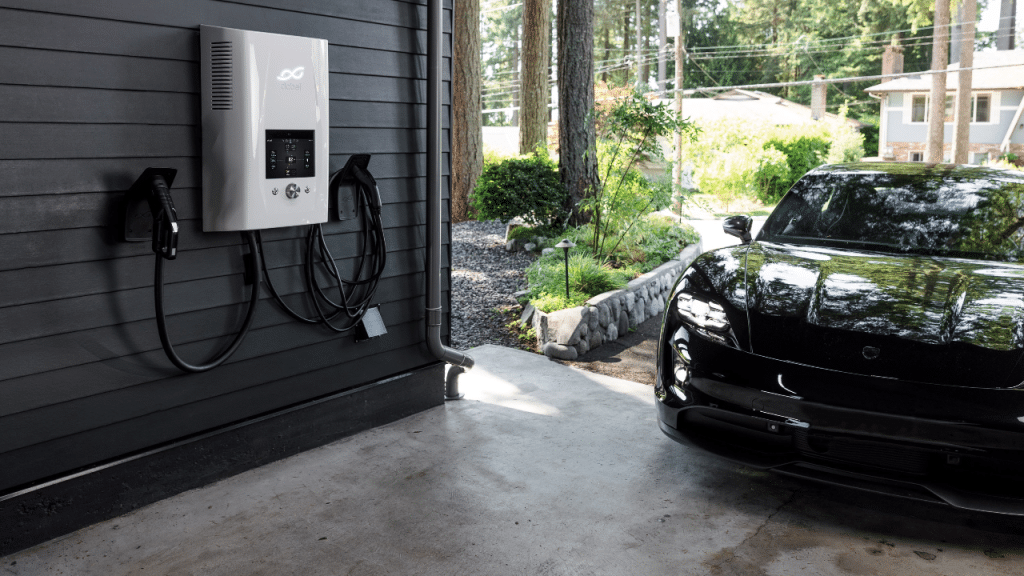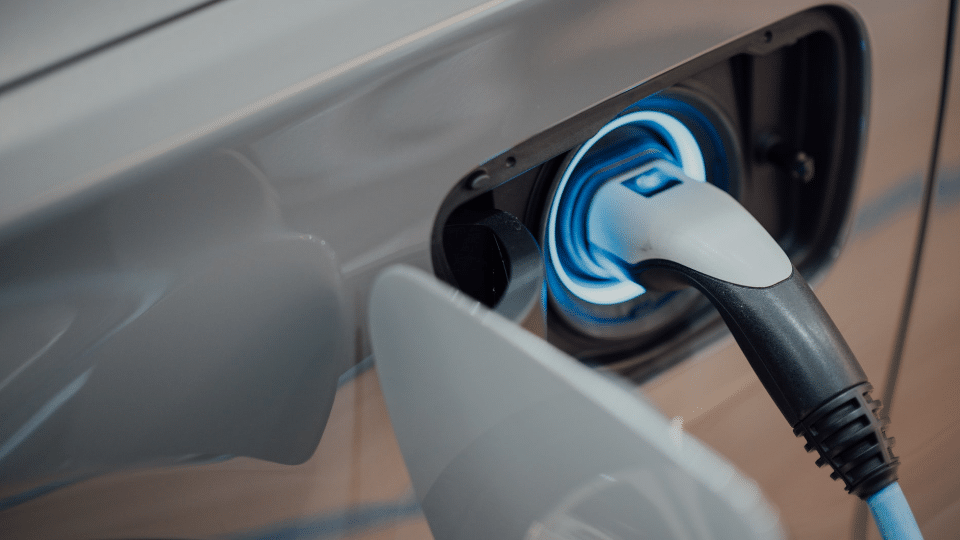Lithium-silicon batteries, which charge faster and cost less than lithium-ion batteries, are up next for the electric vehicle industry.
The electric vehicle industry is poised to get a major upgrade in the form of better batteries. Battery storage technology company Group14 Technologies has revealed that it has raised $400 million in Series C funding to accelerate the global production of lithium-silicon battery materials.
Founded in 2015, Group14—which is based in Woodinville, Washington—manufactures and supplies silicon-carbon technology for lithium-silicon batteries worldwide. Its novel material, SCC55, is a silicon-carbon powder that can replace or combine with the graphite anodes commonly used in lithium-ion batteries.

“Group14 is well-positioned to elevate all batteries by enabling the transformational performance of silicon in today’s lithium-ion and tomorrow’s solid-state applications,” Rick Luebbe, the company’s co-founder and CEO, said in a statement.
Silicon anodes are a more favorable option because they can hold ten times more lithium than graphite anodes. They’re also lighter, have a greater life cycle, charge faster, and are cheaper than lithium-ion batteries that feature graphite. The latter benefit is essential in achieving price parity for electric vehicles, which typically feature a higher price point than their gas-powered counterparts.
According to Group14, its revolutionary material helps lithium-silicon batteries perform 50 percent better than traditional lithium-ion batteries. This makes them a more preferential application in grid storage and electrification across the transportation sector.
Lithium-silicon batteries
Lithium-silicon batteries, which can be used in a myriad of applications from electronics to power grids, are nothing new. In 2011, Gene Berdichevsky, a former tech lead at Tesla—who led the development of the lithium-ion battery pack for the company’s first car—founded the California-based materials technology company Sila Nanotechnologies.
In an effort to create a higher-performing and far more superior battery, Berdichevsky also focused his attention on silicon. In September 2021, in partnership with wearable technology company WHOOP, Sila Nanotechnologies debuted the market launch of its next-generation silicon anode battery technology, the WHOOP 4.0, a fitness and health monitoring device.

But lithium-silicon batteries are not without their downsides. Silicon’s efficiency at storing lithium can cause anodes to expand upwards of 300 percent when being charged, according to the U.S. Department of Energy’s Pacific Northwest National Laboratory (PNNL), where researchers have also been working to develop a silicon-based energy storage ingredient. The continual expansion can cause damage to the anodes, including cracks. Similar to Group14, PNNL’s uses carbon to avoid this issue.
Creating Sila’s silicon anode battery technology was no exception. According to Berdichevsky, it took his team 55,000 tries to get the product right. “Maintaining product integrity as you scale science takes years and a lot of persistence,” he explained. “Increasing energy density without compromising other performance metrics or the ability to scale is like walking a tightrope between two highrises. But what we have to gain as a society and as a planet is well worth the work and the wait.”
The move to go all-electric
To date, Group14 has raised $441 million in funding. Porsche led Group14’s latest funding round, investing $100 million into the company. Additional investors include Decarbonization Partners, private equity firm Riverstone, Canada-based pension fund OMERS, Vsquared Ventures, and Moore Strategic Ventures.
Group14 will use the funds to scale up the commercial production of its lithium-silicon battery materials. The company, which currently has a Battery Active Materials factory in Woodinville, is set to open another facility in the U.S. in 2023. The company has also begun building a joint venture factory with the technology conglomerate SK Group in South Korea, which is expected to launch this year.
“Porsche recognizes that silicon battery technology is in their future,” Luebbe explained. “They want to access our technology. And this investment is going to help us build a large-scale factory to support those needs.”

According to Luebbe, the factory will produce enough lithium-silicon battery materials to support the production of 600,000 electric vehicles each year.
Porsche’s investment appears to be a beneficial move for both parties. Cellforce Group, one of Group14’s customers, is a Porsche subsidiary. It aims to produce lithium-silicon batteries in Germany starting in 2024, which will be used to power Porsche’s electric vehicles. Porsche recently announced its intention of moving toward electrifying its range. In March, the carmaker revealed it expected 80 percent of its global car sales to be all-electric by 2030. The company currently only carries one electric vehicle, the Taycan.
The German luxury car manufacturer’s move towards electrifying its range is in line with the auto industry’s collective move away from fossil fuels. Leading auto manufacturers like Ford Europe, GM, and Volvo have pledged to go all-electric. Luxury companies like Maserati, Audi, Bentley, and Mercedes-Benz are also embracing zero-emissions vehicles.
The International Energy Agency reports that electric vehicle sales, which hit 6.6 million, accounted for nine percent of all passenger car sales in 2021. By 2030, the Edison Electric Institute predicts there will be 22 million electric vehicles on U.S. roads alone.


